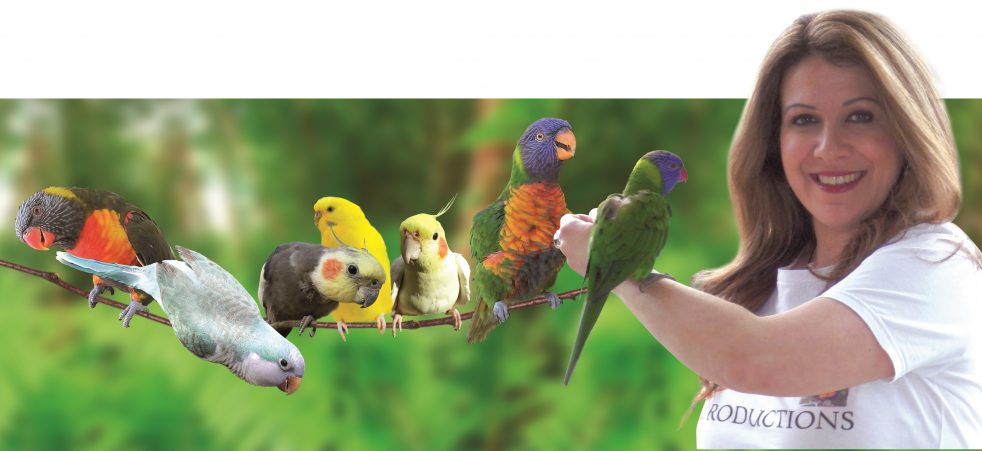Published on Feb 7, 2013
Orphaned pygmy elephant recovers in Borneo wildlife park.
Full Story:
This three month old pygmy elephant named Joe is getting some attention from a caretaker who, for now, is his only family.
Joe was orphaned recently when his mother and 13 other pygmy elephants were found dead in a rainforest near a plantation in Borneo.
Results from a chemical investigation are set to be released on Friday, but early speculation suggests the elephants died after eating something poisonous… perhaps left by plantation workers to stop wild animals from eating their crops.
[Dionysius S.K Sharma,Executive Director of WWF-Malaysia]:
“And of course the chemist report will provide some information as to what chemicals were found in the tissues of elephants. And if at all those chemicals can be traced back to chemicals generally used in the plantation industry, for example, then we have an indication of where the chemicals came from, it provides more guidance in terms of how they were killed, or even who killed them for example.”
Borneo Island is home to several endangered species like the Orangutan, the clouded leopard and these pygmy elephants, which are small and more gentle than other Asian elephants.
The WWF estimates there are less than 1500 of these elephants left in the wild.
Young pregnant elephant sparks row
Colossal Bone of Contention- USA 2009
With the Backing of the USDA, One Lady Seeks to Remove One Man’s Elephant that he’s Loved and Owned for Over 25 Years. Polk County Man Struggles to Keep His Elephant, LEGGETT, August 15, 2009 – Willie Davenport, an animal exhibitor, has 3 female elephants: Boo (52 yrs. old), Jewel (45 yrs. old), and Tina (42 yrs. old). Also click here for further information
PETA, Ringling Bros. at odds over the treatment of baby circus elephants Dec 16, 2009
Sammy Haddock started working with elephants when he joined the circus at 20, in 1976, a young man’s dream. He walked them, groomed them, cleaned up after them. More than once, he later confessed, he beat them.
Over time, his feelings about elephants grew more tender, especially toward the babies. In 1997 he was hired to work as a handler at Ringling Bros. and Barnum & Bailey’s Center for Elephant Conservation, an ambitious program in Florida to breed and preserve endangered Asian elephants. Part of Haddock’s job was to help train elephant calves to be circus performers.
He was deeply affected when 8-month-old Riccardo collapsed with leg injuries after tumbling off a tub during pre-training in 2004. Riccardo had to be euthanized. Haddock also began to see things from the point of view of his wife, Millie, an animal lover.
Nearly two years ago, Millie lay dying of complications from diabetes. Sammy had retired from the circus in 2005 to care for her. She asked him for a promise.
“My wife never liked what the elephants went through at the circus, especially the baby elephants, or that I was a part of it,” Haddock said recently in a written declaration. “Before she died, she told me, ‘Sammy, I know you’ll do the right thing.’ ”
Now Haddock’s dramatic interpretation of doing “the right thing” is being unleashed — from the grave. He died early last month in Clermont, Fla., at 53, of liver failure. He left behind scores of pictures and a written recollection of his workplace. They offer a compelling glimpse into the treatment of baby circus elephants. It veers from the image propagated by the industry — of little creatures contentedly acquiring nimble new moves in return for carrots and grapes.




